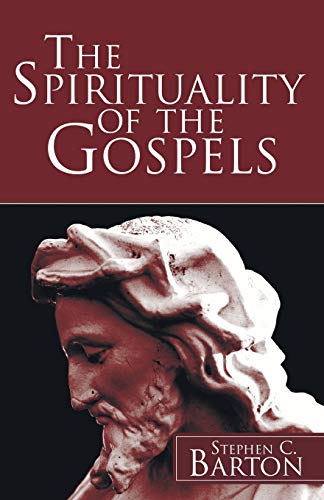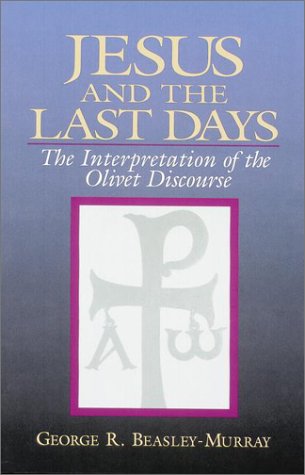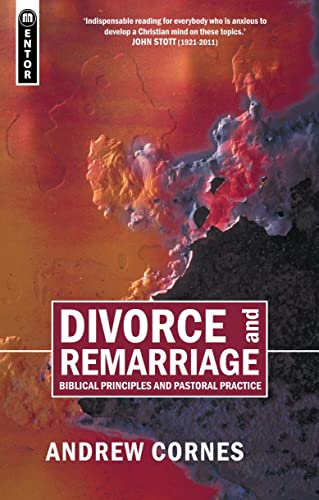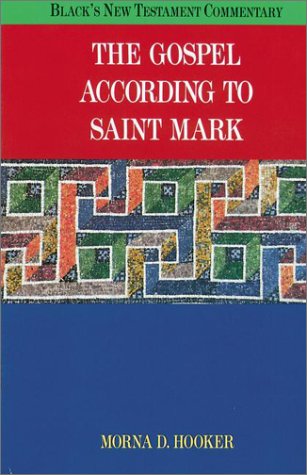Volume 20 - Issue 1
In Search of a Vision
By Richard S. Hess‘Where has our vision gone?’ This was a question that I heard 20 years ago in a college chapel service. At that time the speaker recalled how the ideals and dreams of his own college classmates had gradually disappeared as the years passed. He wondered why. What had happened to lose the early sense of radical commitment to Christianity and the evangelical life to which it beckoned? I have often pondered this, having had a similar experience. Perhaps this is a function of life and a developing sense of realism. In this theory, youthful zeal gives place to sober judgment. Perhaps so, but is there not also the gradual absorption of the spirit of the age, the Zeitgeist that permeates us and our lives? Have we passed into an era when human hearts find meaning and life in the material rather than the spiritual? Is this because people are more materialistic? Or, more likely, is this a time of fragmentation, one that lacks a single moral focus that can recruit many to its standard?
This year seems particularly appropriate for considering these questions. British evangelical scholarship celebrates the 50th anniversary of the founding of the Tyndale Fellowship. The founders held to a common vision of promoting evangelical scholarship, especially through addressing those issues raised by a dominant perspective that challenged Christian faith. Judged by these aims, one may identify an amazing success. Never has the Fellowship enjoyed such widespread support. Its members publish a flood of books, journals and articles. They occupy key posts in the academic establishment. Its vision receives worldwide support. A comparable North American institution adapts many of its principles. Public addresses and publication projects continue to address the issues and concerns of the founders.
However, it is no solution to focus only on the past. Previous generations faced their own challenges in their own distinct ways. We learn from the past in order to avoid repeating it. The human dimension of past success lay in the genius of those who identified the challenges and opportunities of their era, and who could obtain and marshal the resources necessary to address them. To use a popular metaphor, the combination of fidelity, creativity and honest self-assessment formed a powerful ‘cocktail’ that realized the vision of the preceding 50 years.
The direction of focus must point forward. The year 2000 casts its millennial shadow across the present decade. To mention setting an agenda for the future will win no prizes for originality, but perhaps more important is to ask who is setting the plan, for whom is it set and what does it hope to attain. Two concerns seem prominent in every discussion of this sort: the Third World and postmodernism.
The issue of the Third World must affect theological study at the end of the 20th century. It cannot be relegated to the ‘missions department’ as though it were another academic topic for the traditional theological syllabus to categorize. One cannot lock out the press of several billion human faces. They impinge on every area of our lives. Not only do they challenge our daily comforts and our use of natural resources, they also pose unresolved dilemmas about the ethics of ‘doing scholarship’ irrelevant to the needs of humanity. It is no answer to say that the challenges of ‘Western’ critical thinking will eventually reach all corners of the world. This ignores the inadequacy of the pronouns ‘them’ and ‘they’ in this essay. Modern communications mean that theological disciplines have reached into every major community. No longer is the world divided between those who study and those who are studied, with the latter having no voice of their own. All communities increasingly represent their concerns and perspectives in the worldwide seminar on theology. The ‘they’ of the Third World has become ‘we’ in the theological discussion. The result is a new range of issues that challenge the traditional disciplines. The Third World deserves to influence the agenda of the theological curriculum and thereby to change the type of scholarship that serves and enriches both northern and southern hemispheres.
Postmodernism is the sort of term one hesitates to use because it is already loaded with so much connotative baggage. Nevertheless, its impact seems all-pervasive. On the one hand, it has served to reduce some of the critical positions of another era from dominant ‘assured truths’ to one claimant among many in the scholarly game of competing methodologies. On the other hand, it has forever changed the religious landscape, vitiating the objective claims of truth found in every monotheistic faith and destroying the public perception of their importance. Religious observance must bow to commercial interests and the vision of a future monarch reinterprets ‘defender of the faith’ to mean ‘defender of faith’. There is no panacea on the horizon. We now find truth distinctive to particular communities but lacking any overall means to adjudicate between their competing philosophies. As always, the temptation is to opt for power as a weapon to win the debate. The university with the most money, the commentary with the largest circulation, the journal in the most prestigious series—all these become markers of modern scholarship, markers that in the end resemble those of previous generations with their own special interest groups.
The discussion concerning postmodernism is intimately tied to the realities of the Third World. It lies in an agenda, but more, in a vision for the future that remains evangelical as it reaches beyond traditional boundaries. This vision seriously incorporates the worldwide membership of the Christian faith into the theological dialogue. In this way the universality of the church achieves a theological maturity. Only by encompassing the diversity of all its members in the debate, as it has already incorporated them into its membership, can Christianity fully and effectively witness to its truth claims. To follow this direction requires fidelity to the faith of Christ, as it confesses dependence on the will and witness of God’s Spirit who chooses when and how to reveal and convict. All the while it affirms the promise of Jesus’ prayer for the church in John 17: ‘May they be brought to complete unity to let the world know that you sent me and have loved them even as you have loved me.’
Dr Wright (who is now Principal of All Nations Christian College) has now finished his period as General Editor of Themelios. The publishers and editorial committee would like, to thank him for all his services to the journal over the past five years. We appreciate all he has done in the midst of a very busy schedule.
We are delighted to be able to announce that from January 1995 Rev Professor Stephen Williams, formerly of Whitefield Institute, Oxford, will be taking over as General Editor. Prof Williams has recently taken up the Chair in Systematic Theology at Union Theological College, Belfast.
Richard S. Hess
Denver Seminary, Denver






